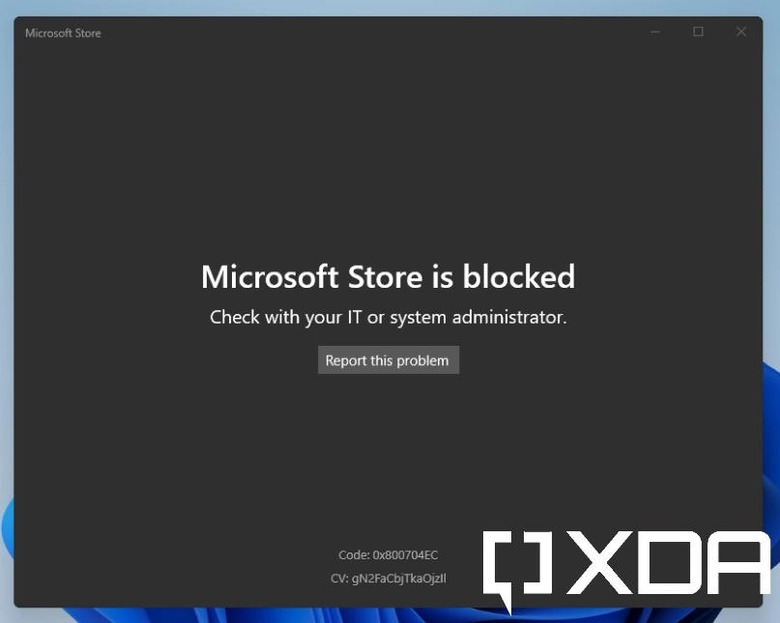Windows 11 SE Might Be Another Attempt At A Locked-Down OS
Time and again, Microsoft has attempted to replicate on Windows the systems that are implemented on other platforms, particularly mobile devices. That primarily involves imposing restrictions not just on what users can do on Windows but also what they're able to install. That restricted version of Windows has gone by many names, from Windows RT to Windows 10 in S Mode. A new Windows 11 SE might be Microsoft's next stab at the idea, and it might actually be even more restrictive than previous iterations.
A restricted Windows system would be more applicable in enterprise and educational sectors, the markets that would buy Windows computers and licenses in bulk. Although vanilla Windows do have features that let system administrators control and limit what users can do, such locked-down versions would already have restrictions from the get-go, particularly in the types and sources of applications they can install. So far, those attempts were also dismal failures, and yet Microsoft seems to be working on yet another one.
According to XDA, what should have been Windows 10 Cloud Edition is more likely to be launched as Windows 11 SE. That "SE" could mean anything but a rose by another name would still be as restricted. Unlike other iterations like Windows 10 S and Windows 10 in S mode, this seems to target the different enterprise SKUs, including Education and Education Pro. However, what makes this Windows 11 SE curious is how its restrictions differ from Microsoft's previous attempts.
In some ways, it is more restrictive because it seems to be missing many options on the Settings app. It doesn't even have access to the Microsoft app store, though that could simply be a bug. Ironically, Windows 11 SE seems to support installing and running win32 apps from outside that Microsoft Store, something Microsoft has blocked in all other locked-down Windows versions.

At this point, the true nature and message of Windows 11 SE aren't clear, but Microsoft could reveal it in full next week. Needless to say, it will carry a lot of restrictions that won't appeal to end-users, but it still remains to be seen if those will actually be useful for enterprise customers as well.
